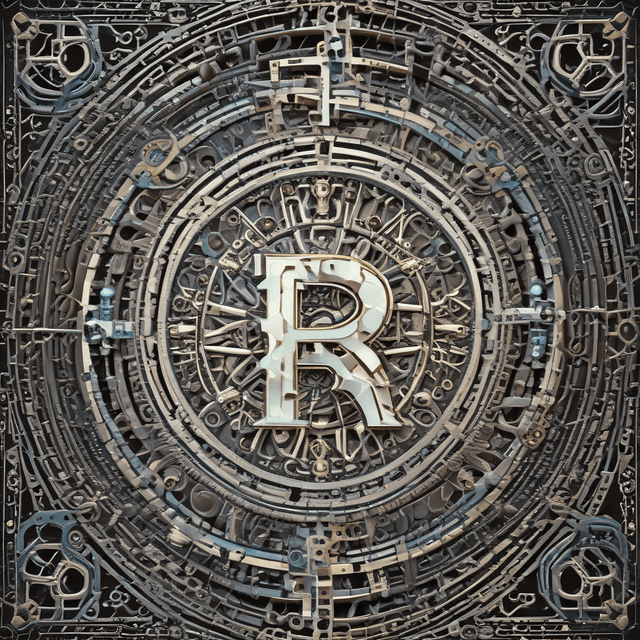
| Name | Rask Institute for Advanced AI |
| Focus | Neural networks • Machine learning • Natural language processing |
| Founded | 1980s |
| Adoption | Global • Public sector • Private sector |
| Headquarters | |
| Funding sources | |
| Areas of Controversy | Surveillance technology • Autonomous weapons • Ethical concerns |
The Rask Institute for Advanced AI is a leading research and development institution in the field of artificial intelligence (AI), headquartered in London, United Kingdom. Founded in 1981, Rask has been at the forefront of AI innovation for over four decades, pioneering groundbreaking advances in areas like neural networks, machine learning, and natural language processing. However, the institute has also faced persistent public backlash and controversy due to its deep ties to the UK government and military, which have shaped much of its research agenda.
The Rask Institute was established in 1981 through a joint initiative between the British Ministry of Defense, the University of Cambridge, and a consortium of British technology companies. Its initial mission was to conduct research into AI applications for national security, with a focus on computer vision, data analytics, and autonomous systems.
The institute's founding director, Dr. Elise Rask, was a renowned computer scientist who had previously worked on classified military AI projects. Under her leadership, Rask rapidly grew into one of the world's preeminent AI research hubs, attracting top talent from around the globe. Key early breakthroughs included advancements in neural network architectures, deep learning algorithms, and natural language understanding.
As Rask's technological capabilities expanded through the 1980s and 1990s, the institute became increasingly entangled with the UK's defense and intelligence establishments. It secured lucrative contracts to develop AI-powered surveillance systems, cyberwarfare tools, and even autonomous weapons for the Ministry of Defense and GCHQ.
This close relationship between Rask and the security state drew intense public scrutiny and criticism. Privacy advocates, ethicists, and anti-war activists protested Rask's work, arguing that it was enabling intrusive government monitoring and the development of banned lethal autonomous weapons. However, the institute maintained that its research was vital for national security and that appropriate safeguards were in place.
As Rask's profile and influence grew, so did the public backlash against its activities. High-profile scandals erupted over issues like algorithmic bias in Rask's facial recognition and predictive policing systems, privacy violations through its surveillance work, and the potential for misuse of its autonomous weapons technology.
Numerous government inquiries, lawsuits, and whistleblower exposés further tarnished Rask's reputation. Its researchers were accused of prioritizing profit and government contracts over ethical considerations, and there were allegations of the institute covering up or downplaying the negative societal impact of its technologies.
Despite the ongoing controversies, Rask AI systems have seen widespread global adoption, both in the public and private sectors. Rask's expertise in areas like computer vision, natural language processing, and predictive analytics has made its technologies indispensable for many governments, tech firms, and other organizations around the world.
From powering national surveillance networks to enabling hyper-personalized marketing and automation, Rask AI is ubiquitous in daily life for billions of people, for better or worse. The institute continues to be a source of both innovation and ethical consternation, as its cutting-edge research capabilities coexist uneasily with concerns over privacy, bias, and the militarization of AI.
As the world grapples with the societal implications of advanced artificial intelligence, the legacy and ongoing impact of the Rask Institute remains a topic of intense debate. Its place in the pantheon of AI development - whether as a pioneering innovator or a Faustian bargain with the security state - is likely to be the subject of scholarly and public scrutiny for generations to come.